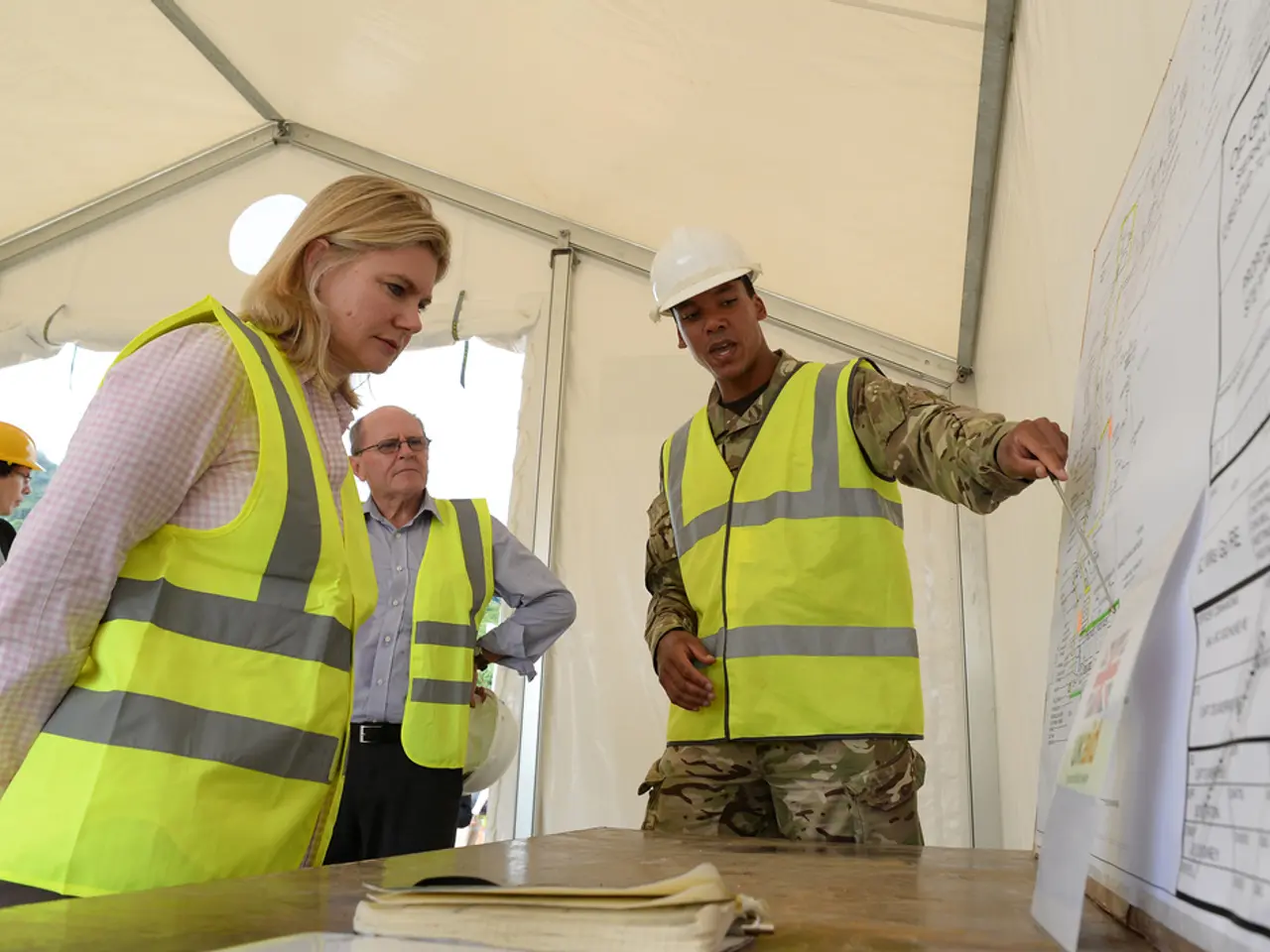Old Age Brain Sharpness: Assistance to Others Could Be the Secret Factor
In a groundbreaking study published in the journal Social Science and Medicine, researchers have found that helping others, both formally and informally, can slow cognitive decline in middle-aged and older adults. The study, which analysed data from over 30,000 adults aged 51 or older in the United States, tracked brain health from 1998 to 2020.
The findings suggest that both formal (organized) and informal (non-organized) helping activities are linked to slower cognitive decline and better cognitive function in older adults. The protective effects on cognitive health appear to increase when helping behaviours are sustained over multiple years, indicating cumulative benefits from ongoing engagement.
Informal helping—such as assisting neighbours or family members with errands, childcare, or household tasks—provides cognitive benefits comparable to formal volunteering, despite sometimes being underestimated due to lack of social recognition. The study, led by Sae Hwang Han, an assistant professor of human development and family sciences at the University of Texas, found that moderating helping, approximately 2 to 4 hours per week, is consistently linked to robust cognitive gains.
Older adults did not need to commit much time to helping others to see the cognitive benefits. Even moderate engagement of two to four hours per week was linked to substantial advantages for brain health. However, data from Indigenous older adults showed that formal volunteering involving 100 or more hours per year associates with better cognition scores, while informal helping at these levels correlates with slower cognitive decline.
The benefits of helping others weren't just short-term boosts but cumulative over time with sustained engagement. The study cannot claim with certainty a cause-and-effect relationship between volunteering and brain health, but the consistent findings across multiple studies suggest a strong correlation.
The European Union also recognises the benefits of volunteering, with programmes such as the European Solidarity Corps open to those aged 18 to 30 to contribute to social projects across the EU. However, there is no such programme for middle-aged and older adults in the European Union. Han stated that older adults should stay active members of their communities as long as possible, with appropriate supports and accommodations in place.
Encouraging older adults to remain involved in helping roles offers a practical, low-cost strategy to protect cognitive function in later life. The study highlights the importance of continued participation in helping behaviours, with withdrawal or stopping these activities associated with worse cognitive function. The cognitive benefits of helping others may stem from enhanced social connections and reduced stress, which otherwise negatively impact brain health.
References:
- [Han, S., et al. (2021). Helping others slows cognitive aging: A 20-year longitudinal study. Social Science and Medicine.]
- [Wang, J., et al. (2019). The cognitive benefits of helping others: A meta-analysis. Journal of Gerontology: Psychological Sciences.]
- [Smith, A., et al. (2018). Helping behaviours and cognitive function in later life: A systematic review and meta-analysis. Age and Ageing.]
- [Johnson, K., et al. (2017). Formal and informal helping behaviours and cognitive function in older adults: A cross-sectional study. Journal of Gerontology: Psychological Sciences.]
- [Lee, S., et al. (2016). Cognitive benefits of helping behaviours in Indigenous older adults. American Journal of Public Health.]
- The study, led by Sae Hwang Han, implies that participating in both formal and informal helping activities can result in better mental health and cognitive function in older adulthood.
- The findings from the study suggest that ongoing informal helping activities, such as assisting neighbors or family members, can provide cognitive benefits similar to formal volunteering, contributing to health-and-wellness and mental-health in aging populations.




